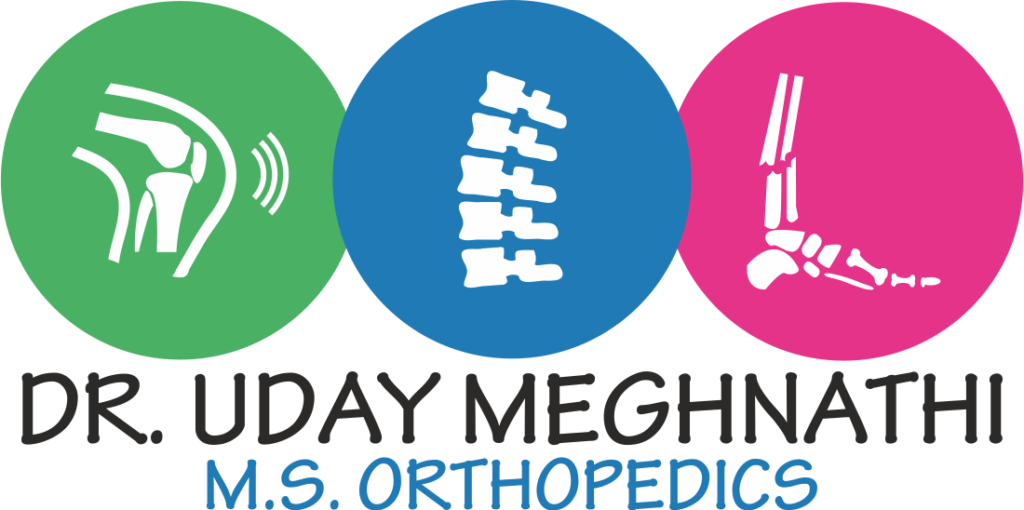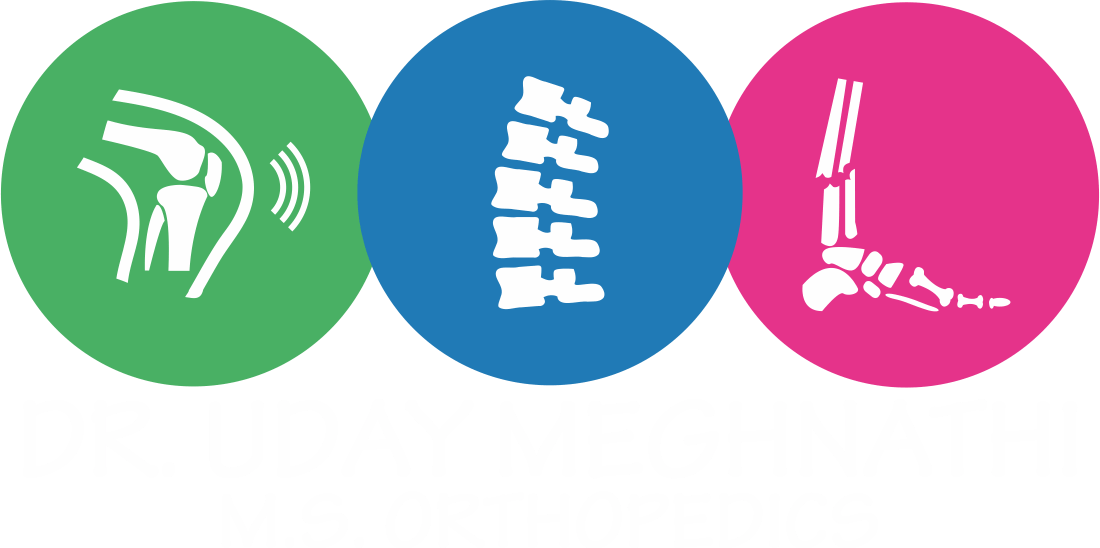Meniscus injuries are prevalent among workers and athletes. It affects a rubber cushion present in the knee joint, which provides comfort to both the thigh bone and shinbone. It also works as a shock absorber and ensures accurate knee functions. Sometimes, a person can tear a meniscus due to natural aging and weakening of the cartilage. In this blog, we will try to understand its symptoms and explore treatment options.
What is a Meniscus Injury?
Meniscus injury refers to a tear in the rubbery cartilage present inside the knee joint. This cartilage provides support and shock absorption to the bones present around it, which are the shinbone and thighbone. It can even tear due to a strong twist or rotation of your knee. Many other causes can cause injury to the meniscus, one of which is arthritis. There are two main types of meniscus tears as follows:
Types of Meniscus Injuries
- Medial Meniscus Tear: The cartilage is affected on the inside of your knee joint.
- Lateral Meniscus Tear: The cartilage outside the knee joint is affected or torn.
A torn meniscus needs immediate medical attention due to its intense damage. Visit Dr Uday Meghnathi, a trusted orthopedic surgeon in Vadodara. He has a rich experience in treating knee-related ailments and providing the most effective treatments. He ensures all his patients are treated with care. His facility is fully prepared with certified staff, modern equipment, and advanced treatment methods. Share your pain with us and find perfect solutions. Call to book an appointment.
Why You Need a Quick Treatment for a Torn Meniscus?
If not healed properly, you might face continued pain in the knee, which disrupts your daily life. Over time, it can erode the knee joint and push you towards a meniscus replacement.
- The knee might become unstable.
- It might increase the risk of falls or further injuries.
- It may trigger osteoarthritis in the knee.
- Persistent pain might cause discomfort.
- The range of motion for the meniscus might be reduced.
Symptoms of a Torn Meniscus
- Pop sound from the knee
- Constant knee pain
- Knee stiffness
- A swollen knee
- Being unable to bend the leg fully.
- Inability to straighten the leg.
Diagnosis for Torn Meniscus
- The McMurray Test is used to see your range of motion.
- X-rays
- Magnetic Resonance Imaging.
- Possibly a knee arthroscopy.
Treatment for Torn Meniscus
- Non-steroidal anti-inflammatory medicine for pain management.
- Resting contributes a lot towards faster healing.
- Place an ice pack on your knee for 20 minutes, 2-3 times a day.
- Wrap your knee with a compression bandage to manage swelling.
- Rest/hang your leg higher than your heart to reduce swelling in the knee.
- Meniscus can be healed without surgery, but your doctor can advise you on meniscus surgery if necessary.
Recovery Tips From a Torn Meniscus
- Regular Physiotherapy
- Avoid running, squatting, or jumping
- Use a knee brace to add support
- Maintain a healthy body weight
- Choose low-impact activities like swimming or cycling
Conclusion
A torn meniscus is a serious injury that can occur to anyone. It can impact lifestyle, limit your range of motion, and cause long-term suffering. With accurate treatment from Dr Uday Meghnathi, you can easily overcome these symptoms and live an everyday life again. He is an experienced meniscus injury treatment doctor in Vadodara, offering high-end treatment options for not only meniscus tears, but also for joint injuries, sports injuries, fractures, spine, and hip. Experiencing any symptoms? Call us to book an appointment now.
Checkout:- All you Need to know About Spine Surgeon


